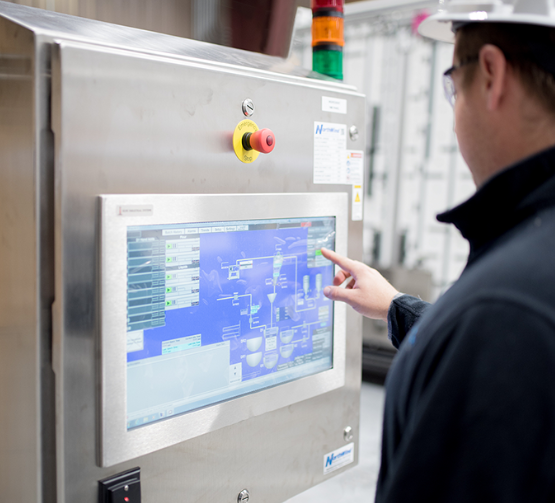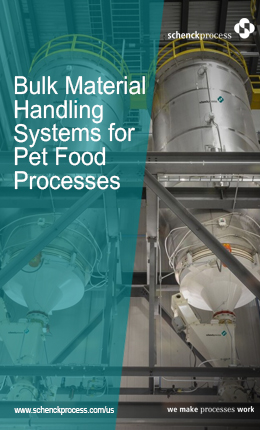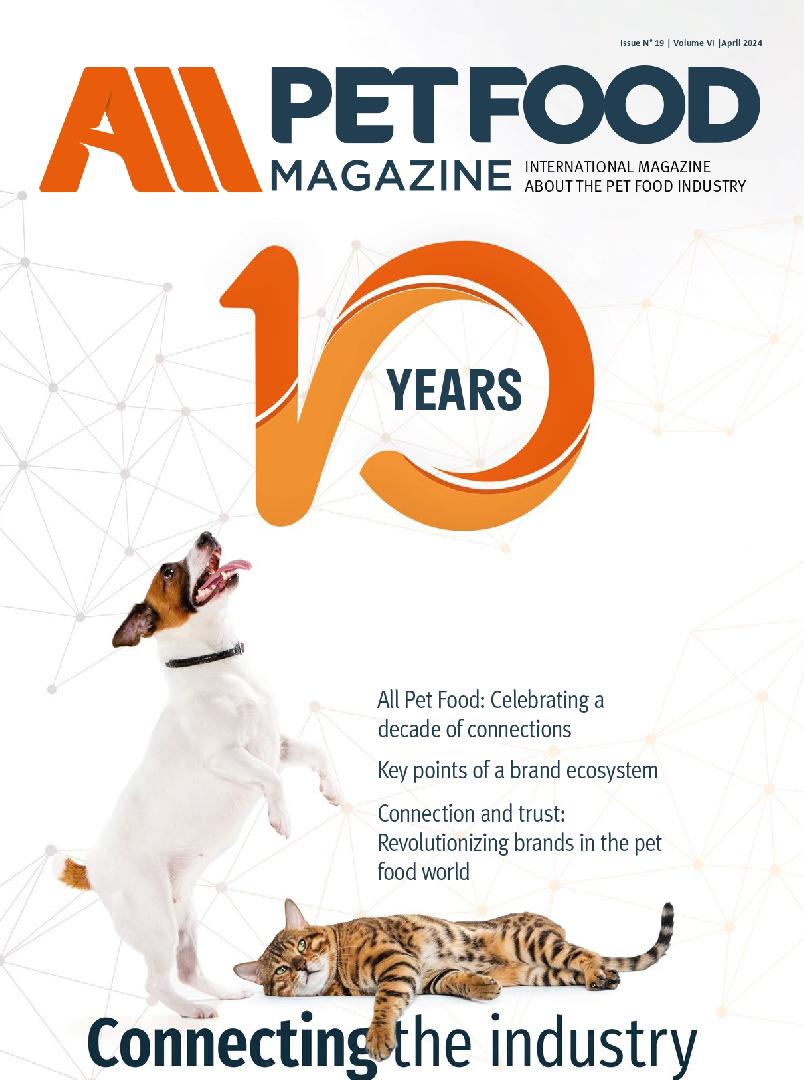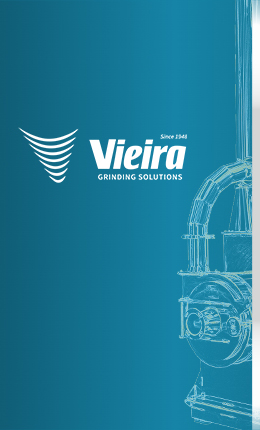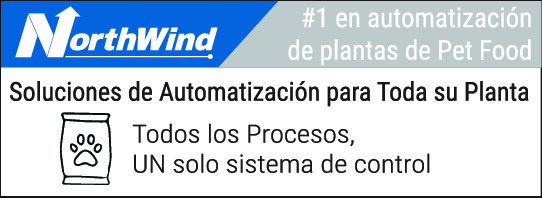By the way, I didn't mention the position of Factory Manager or Production Manager; perhaps the correct word would have been "Manager".
The scope of assignments varies by company, but these assignments do not deviate from the essentials.
1) But why evaluate an Operations Manager?
• The first, but not necessarily the main reason, is that the final results of a factory operation depend on the team that works there. And the team is a reflection of the manager.
• FORMAL and periodic evaluations keep the entire team operating as a cohesive unit, focused on the objectives of effective operation, with the best productivity, quality and the lowest cost.
• Formal evaluations eliminate subjectivism. When the practice of these evaluations is extended to the other levels of Supervision, the results of a successful professional performance outweigh the possible upsets and sweeps that sometimes unfortunately occur.
• Formal and regular evaluations make what I call 'Orphan Syndrome' disappear. I explain: It is impressive to see that a large number of managers suffer from this syndrome, simply because they do not receive adequate feedback on how their performance is going. I'm not talking about possible praise for actions that have worked.
I have never seen a Manager or Supervisor who can do without a formal, periodic, sincere and constructive evaluation of how her work is generating results. This feeling is part of human psychology.
It is more common that they receive only two types of Feed-Back:
a) "The cost of the operation is high."
b) "We received a serious complaint about our product"
It may happen that the cost is within target and adequate for the intended operating standard, but the sales volume and pricing policy are not ... in other words, they may be selling little and poorly.
• Formal and periodic evaluations serve as the basis for granting bonuses in a certain periodicity regime. and they also serve to replace employees strictly on the basis of their performance, without subjectivism.
2) HOW TO EVALUATE?
• You may have noticed that I repeated the phrase 'FORMAL AND PERIODIC EVALUATION' several times.
It was not an accident.
Formal and periodic evaluations should be part of the policy and consequently of the company's procedures, and my best suggestion is that they be done QUARTERLY, rain or shine. If this is not the case, the "Orphan Syndrome" instead of improving or disappearing it gets much worse.
• When I say 'Formal', I mean the fact that it must be in writing, in an appropriate company form and strictly comply with the objectives that were established in agreement with the employee.
I emphasize "common ground" because if goals, instead of being negotiated at the beginning of each fiscal year, are pushed "down the throat" by management, the process will not be successful.
On the contrary, it will generate resistance, boycotts and disappointments! Which is the exact opposite of what is intended! So, dear Manager, if this practice does not yet exist in your company, collaborate and make this EVALUATION process a reality.
• The goals should be progressively "CHALLENGING", but not unattainable, if they are not, they will generate serious frustration.
3) WHAT TO EVALUATE?
• The general rule of thumb is L.I.M.O - Less input, Maximum output - The minimum of inputs or expenses, with the maximum of good / suitable products.
A) COSTS PER TON EFFECTIVELY PRODUCED
Sum of personnel costs, energy, maintenance, factory overhead, etc. / tons produced.
A question to think about: Do you, as a manager, know how much "Mill Hammers per ton produced" cost?
Or at the end of the quarter, would you know the value of the spare parts used in the extruder, divided by the tonnage produced?
Or do you, as a manager, just control "the totals"?
The truth is that if the administrator does not effectively control the parcels that make the "TOTAL", then this Total simply "Occurs", without control. And who does not control, does not manage.
B) PRODUCTIVITY TN / TIME PER EXTRUDER AND TOTAL (total tons produced in the month - reprocesses generated) divided by the number of hours of the machine hour meter.
If you don't have controls (for example, production order) that show you the end of a production, with the volume generated and even the volume of reprocesses, then you should have them.
For those interested, I can make available a model of the PRODUCTION ORDER (email at the end of this article)
C) PERCENTAGE OF AVAILABLE TIME OF MACHINERY
It is the sum of the hours actually worked by an extruder divided by the total hours available per month.
Ex: (one machine), 23 days of 9 hours, total time available = 207 hours - And if you have overtime, they should be counted.
Total hours recorded in the hour meter (extruder main motor) = 144.9 hours
% of time use = 144.9 / 207 = 70%
As for your question: is it good or bad? - It will depend on your product portfolio and the amount of exchanges you need to make.
Remember that if you work "religiously" with a weekly schedule, (demand!) Use a regulating stock wisely and minimize the number of trades in the day, this percentage can be improved.
Therefore, longer runs will also improve productivity and reduce rework.
On the other hand, if you accept that there is no weekly schedule, try to make many products every day and attend to everything that comes out of the program at any cost, remember that the Market will not want to pay this cost.
The Production Order that I mentioned in the previous item contemplates the control of lost time, including by type: Scheduled and unscheduled, and by sector.
D) NUMBER OF HOURS STOPPED FOR EMERGENCY MAINTENANCE (sum of all sectors)
If you haven't implemented a FORMAL Lubrication and Preventive Maintenance Equipment System, then you should have.
For those who are interested, I can send you an example of a simple table that allows you to implement a preventive maintenance system. (email at the end of this article).
E) SUBJECT TO ZERO ACCIDENTS WITH OR WITHOUT LOST TIME, - it does not matter if the employee was removed or not.
F) NUMBER OF CLIENT COMPLAINTS ABOUT THE QUALITY OF THE PRODUCT.
If the company does not have a SAC in place, I suggest that it be implemented. In the meantime, I suggest that Customer complaints submitted by the Sales Team be STRICTLY FORMAL (i.e. in writing)
- For those interested, I can provide a form called "FIELD CLAIM".
All must have already felt verbal complaints such as "It is moldy", "It is deformed", "It is contaminated with another product", "It has insects", or "It is different from the last time" and as a rule they are complaints without information about the batch, customer and without samples. This practice must be corrected.
It is not possible to return to the Client and eliminate the cause of the possible error without formalizing the claim, and it is the Commercial Team that has to put this in writing and not the CLIENT.
G) PERCENTAGE OF COMPLIANCE WITH THE TRAINING AND TRAINING PROGRAM FOR OPERATORS AND SUPERVISORS
I am not referring to the Mandatory Training Program by law (Ex ~ CIPA) - it must be fully complied with, under penalty of fines. I'm talking about the Training and Capacity Building program that you may have planned before the start of the fiscal year.
Basically you must list all your employees, in all areas, and determine if each one is simply TRAINED or well TRAINED and SUITABLE to assume a certain role.
This is called a MANAGEMENT INVENTORY. And it has to be updated every month, due to billing.
From the Management Inventory, you can determine who will train what, how and when, during each month of the year.
This is called the TRAINING AND TRAINING MATRIX.
And attention: TRAINING cannot be called simply bringing one collaborator with another to learn the function. It must have a script that determines what knowledge to acquire, and it must be monitored weekly by the Manager or Supervisor, and with written evaluations.
Imagine that a certain employee simply met with an extrusion operator, who knows, for example, 80% of what he should know about extrusion. He will be able to transmit, due to normal limitations (for example), only 80% of what he knows.
Also due to common limitations, this learner will be able to grasp and put into practice 80% of what he was taught.
The count is simple .... 80% x 80% x 80% = 51.2% Now imagine what will happen if this "put one more to learn" process is repeated with this new, "trained" operator.
The "instructor" is knowing and practicing 51.2% of what it should be.
At the end of the second training period, the unfortunate trainee will know 51.2% x 80% X80% = 32% of what he should have known.
And this sequence is the correct recipe for inefficiency and costly mistakes. This is also true for supervisors.
I hope it is clear what I said at the beginning of this article: "THE TEAM IS A REFLECTION OF THE DIRECTOR"
I mentioned seven quarterly goals; I suggest they are no more than that and no more than ten.
The position of Manager of an Extruded Factory requires hard, intelligent and mainly methodical work in what is really important.
For those interested, I can provide examples of the "PRODUCTION ORDER", the "PREVENTIVE MAINTENANCE AND LUBRICATION TABLE", the "MANAGEMENT INVENTORY", "TRAINING AND TRAINING MATRIX" and a template of the "EXTRUDER OPERATOR TRAINING".
For those who do not use these tools, I am very sorry, because the feeling of "cleaning ice" must not be pleasant at all.
For those who already use, continue with SUCCESS!
Good 2021 to all!
Fernando Raizer
RAIZER CONSULTING, PROJECTS AND TRAINING
You could be interested: Waste to Energy Plant uses Scalebreak-Mp on Dump Condenses - Get Sparkling Clean Results
Manufacturing Process




 5.0
5.0
22/09/2023















